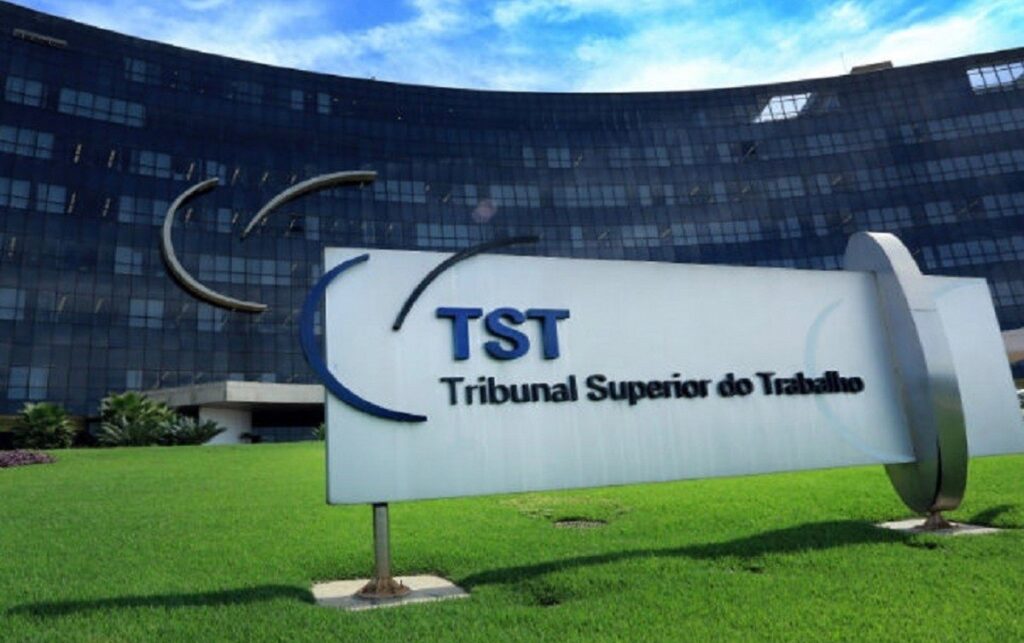The payroll tax exemption, Law 12,546/11, is a fiscal policy adopted by the government aiming to reduce or exempt taxes or social charges on certain economic activities or specific sectors. It covers 17 sectors of the economy (clothing and apparel, footwear, construction, call center, communication, construction companies and infrastructure works, leather, vehicle manufacturing and bodies, machinery and equipment, animal protein, textile, information technology (IT), communication technology (ICT), integrated circuit design, metro-rail passenger transportation, collective road transportation, and road cargo transportation).
It is an optional regime, and as such, each company can assess the feasibility of joining. Generally, opting for the exemption may be advantageous when the payroll calculation base (20%) corresponds to at least 22.5% of the monthly revenue.
With the exemption, companies considered the largest employers in the specified sectors can choose to pay social contributions based on gross revenue with rates ranging from 1% to 4.5%.
This measure aims to generate and maintain employment by reducing labor costs and fostering national production (increased income and investments).
Since last year, there has been much discussion about the feasibility of extending the payroll tax exemption or imposition.
Bill 334/23, which amends Law 12,546/11, was approved in the Senate and aimed to extend the payroll tax exemption until December 31, 2027, but it was fully vetoed by President Luiz Inácio Lula da Silva, arguing that the proposal is unconstitutional for creating revenue loss without presenting the impact on public accounts, as required by law.
Implemented since 2011 as a temporary measure, the payroll tax exemption policy had been extended since then. However, with the presidential veto, the measure would expire in December 2023.
In December 2023, the presidential veto was reviewed by the National Congress and fully overturned (Law 14,784/2023). Senators justified the veto by arguing that “the exemption is an existing policy with high employability”; “they affirmed that the initiative resonates with people’s real lives and will bring legal certainty for the productive sector to expand its investments, ensuring the employment of the worker eagerly awaiting this decision”; “it is not a revenue loss, it is a substitution.”
However, on December 28, 2023, the government adopted Provisional Measure No. 1202, which provides for a lower tax rate, starting in April, for only one minimum wage per worker and a gradual reduction of the benefit until 2027. The MP aims to reduce the federal government’s revenue loss. Proposed by Finance Minister Fernando Haddad, the MP amends some rules of the payroll tax exemption provided for in the new law.
The government’s argument is that the measure will help achieve a zero deficit target in public accounts and put the budget in order.
On February 28, 2024, Provisional Measure 1208 of February 27, 2024, was published, which repealed provisions of MP 1202/2023. On 03/05/2024, the deadline for submitting amendments to the provisional measure ended. A total of 32 amendments were made.
Until April 27, 2024, the mixed commission of the provisional measure (composed of senators and deputies) will issue an opinion on the subject.
In the context of labor actions, regional labor courts understand that “the rules on payroll tax exemption are applicable only to ongoing contracts, on contributions due monthly, since the percentage applies to gross revenue,” and therefore, not applicable in court-imposed convictions. However, the Superior Labor Court has established a contrary understanding, precisely in the sense that payroll tax exemption, provided for by Law 12,546 /2011, applies to the calculation of employer social security contributions resulting from labor court convictions.
Sources:
Câmara de Notícias Agency.
Senado de Notícias Agency.
2nd Regional Labor Court.
Superior Labor Court.
Article by Adriana Mallmann Vilalva.








